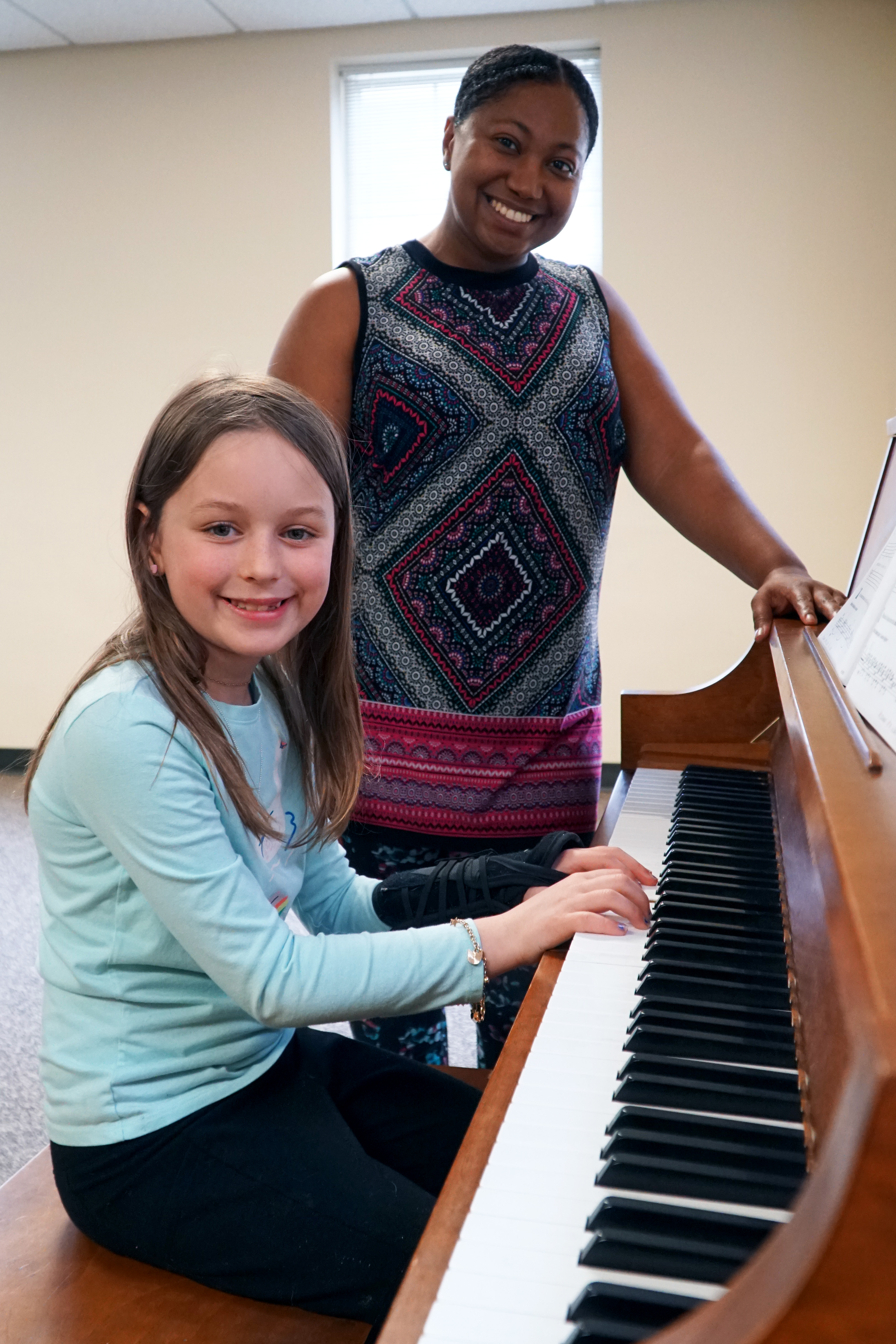
4 Reasons Your Child Needs Music Lessons
Learning music makes children smarter and happier. Research has proven that children who are involved in music are more likely to have better problem-solving skills and improve academic skills such as reading and math. However, the biggest benefit your child will receive is the enjoyment of music itself. At Dawson Music Academy, we believe music will positiviely impact your child’s life. Here are four reasons your child needs music lessons.
Brain Development
Research supports that music lessons improves brain development. Children who regularly participate in music lessons perform better in reading and mathematics than their non-musical counterparts. Additionally, their memory and communication skills frequently show improvement.
Creative Expression
Music provides an avenue for children to express themselves. For some children, that means playing a song that reflects their emotions. Other children enjoy writing their own songs. Whatever their preference, children who participate in music lessons find an outlet for their creativity.
Personal Success
Through private music lessons, children develop an enhanced belief in their ability to succeed. They experience satisfaction by knowing they are doing something special. Through weekly practice times, they develop important habits like time management. Additionally, as they learn new songs, they establish important life skills such as perseverance.
Lifetime Participation
The benefits of learning music as a child extend into adulthood. In addition to the mental benefits, many adults who took childhood lessons enjoy the avenue of self-expression. Unlike sports or other childhood activities that prove physically challenging later in life, music continues to allow enjoyment at any age.
Music has the power to make every aspect of your child’s life better. Come see for yourself. Register for lessons today.
Contributor Kimberly Jones is a wife, mother, and the Director of the Dawson Music Academy at the Dawson Family of Faith.
